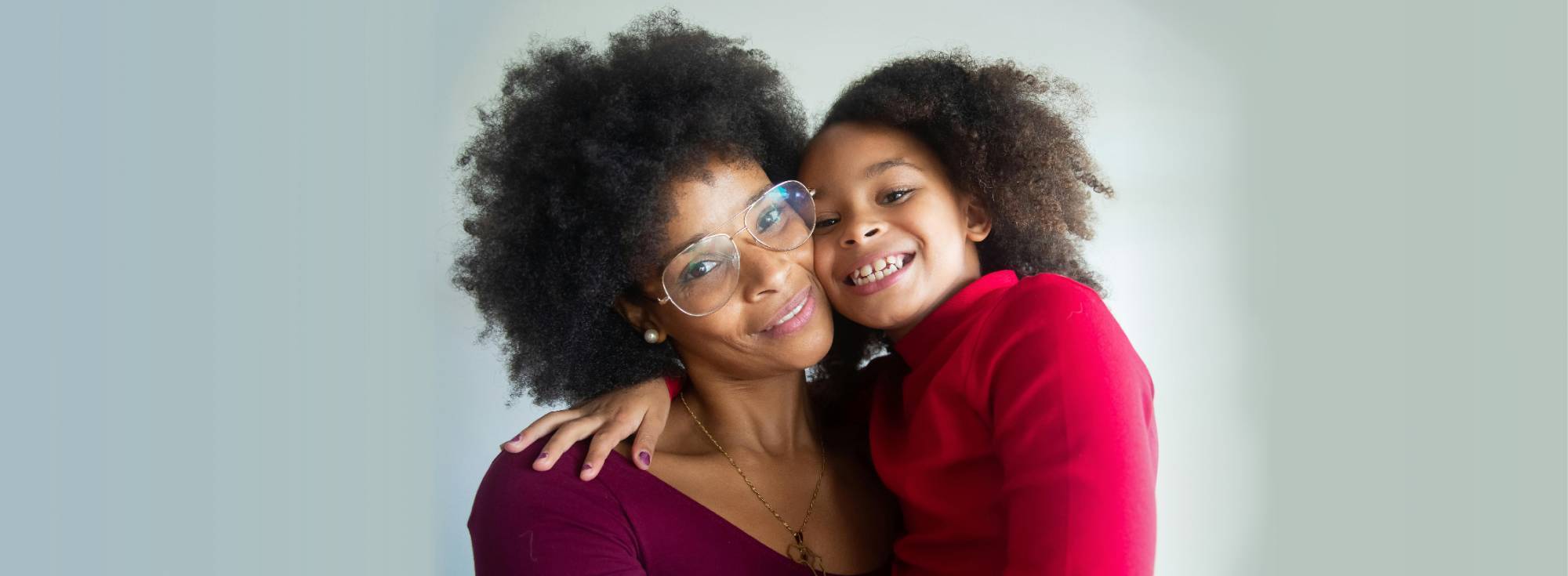-

The Center For Women and Families
From safe, emergency shelter to hospital accompaniment to legal advocacy, The Center for Women and Families offers services to victims of domestic violence and sexual assault at every critical stage on their journey to becoming survivors. We also support friends and family members of survivors. Our services are free, safe, and confidential.
If you need help, please call our 24 Hour Crisis Line: 1-844-237-2331, or send an email to advocate@cwfempower.org
To support The Center, please visit www.bit.ly/donationscwf or send an email to donations@cwfempower.org
Call Our 24/7 Hotline
Your call is confidential. You can remain anonymous if you prefer.
Message Our Advocates
Send a message to an advocate. *Note it may take 1-2 business days to respond.
Get Safety Planning Help
Check out the information on our website.
Close
Our Mission and Values
Vision
Thriving survivors and safe communities
Mission
Together, we disrupt the cycle of intimate partner and sexual violence.
Core Values
Compassion Accountability and Responsibility Respect and Dignity Excellence in All We Do
Kentucky Service Area
Jefferson, Oldham, Henry, Trimble, Spencer, Shelby, Bullitt Counties
Indiana Service Area
Floyd and Clark Counties


